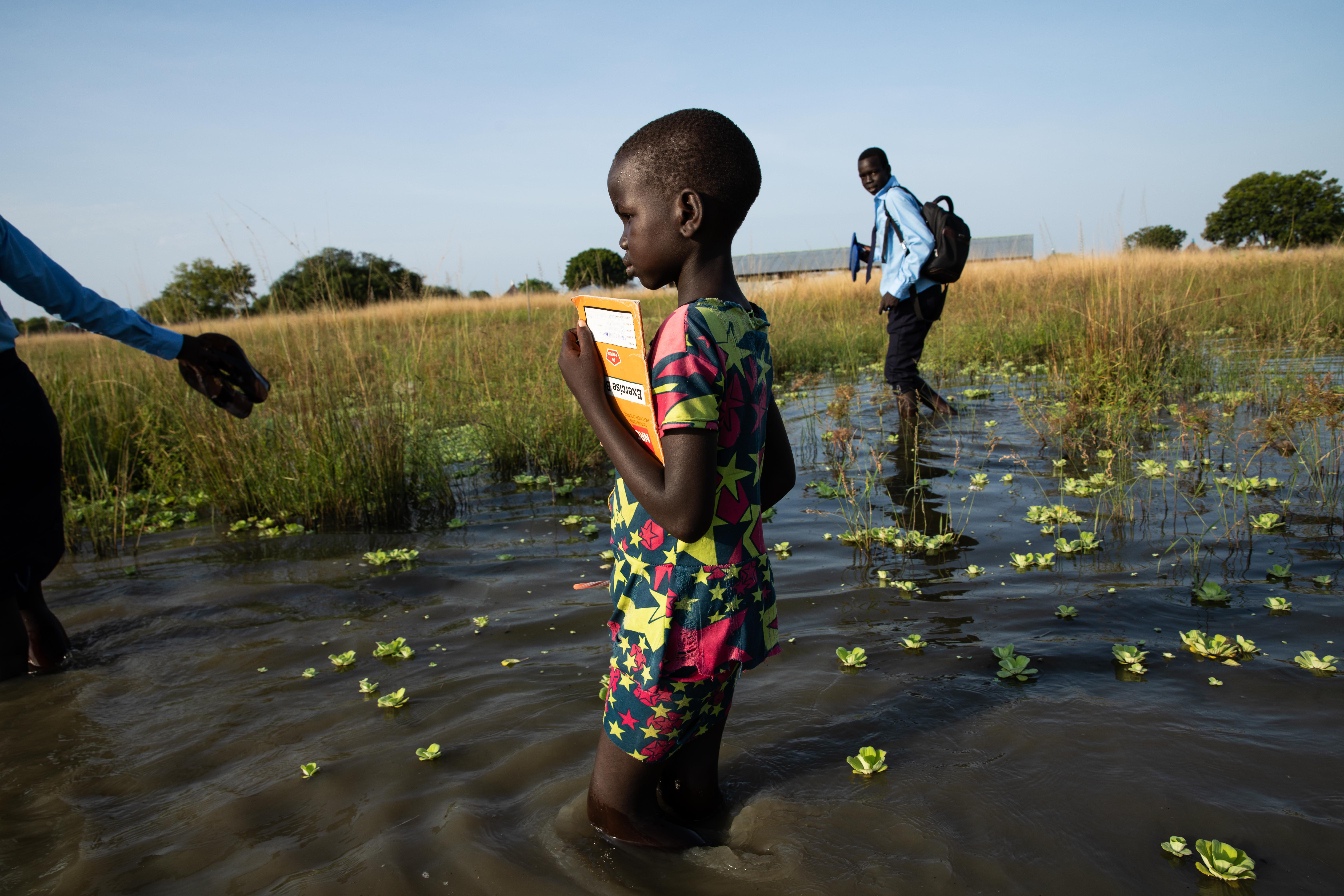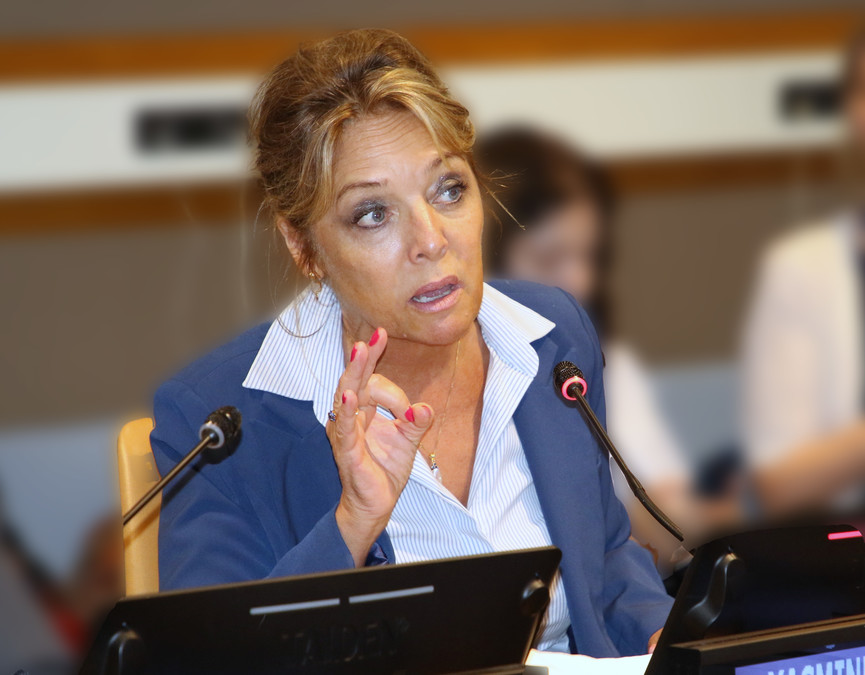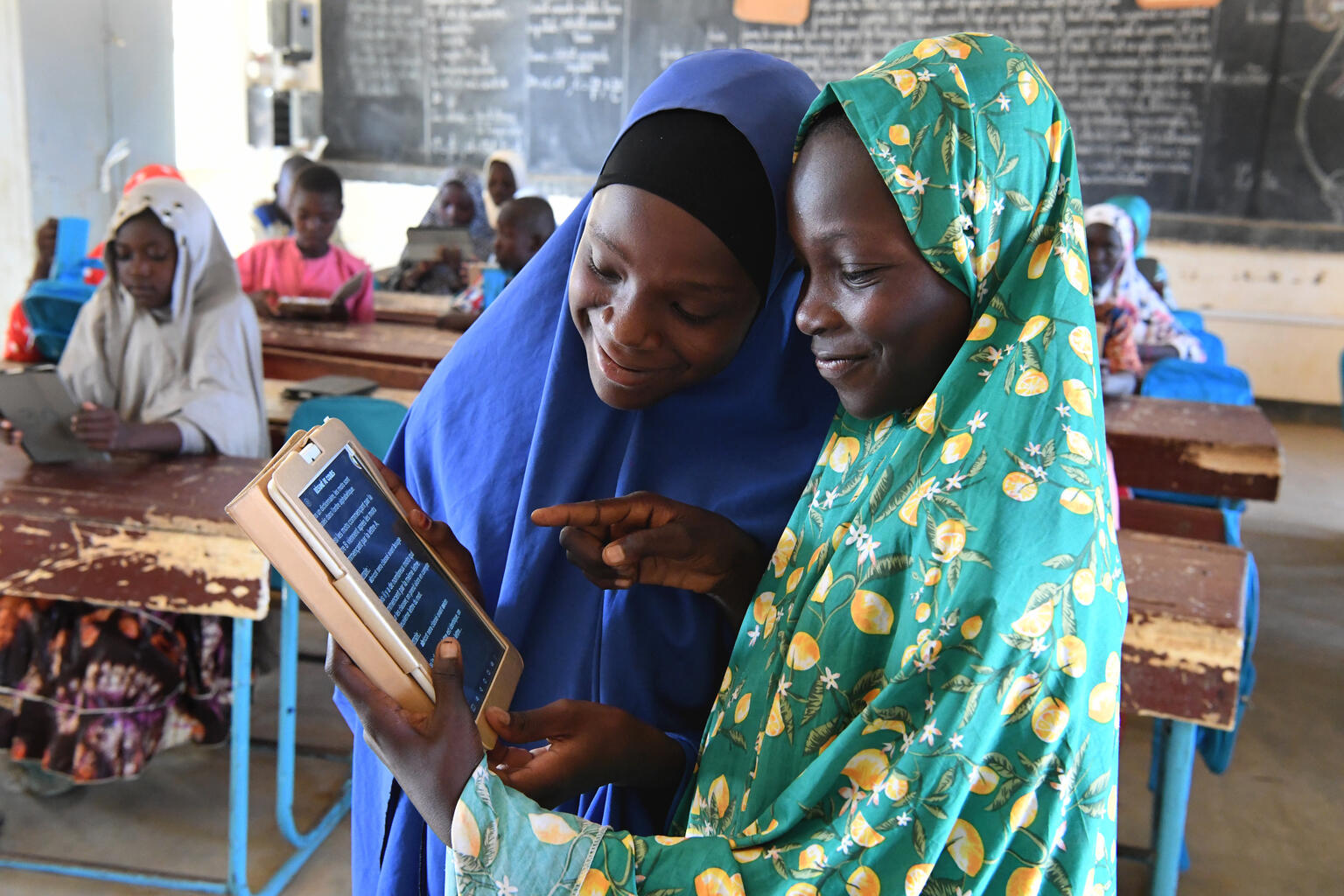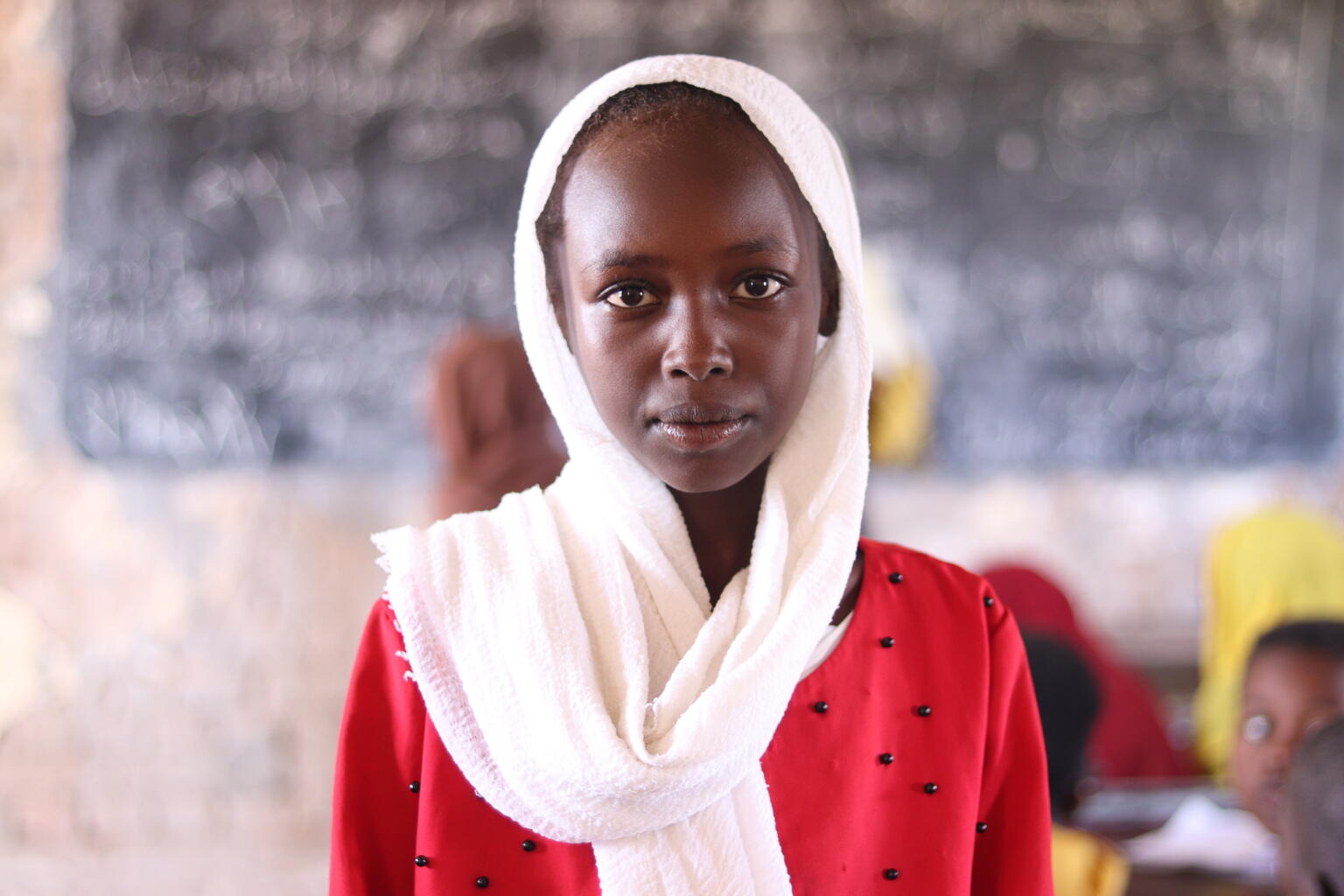Building Resilient Futures: Strengthening Education Systems through Disaster Risk Reduction and School Safety

International Day of Disaster Risk Reduction Statement By Yasmine Sherif, Executive Director, Education Cannot Wait
Read original from World Education Blog
On this International Day of Disaster Risk Reduction, we must remember the power of education in protecting communities from disasters. By empowering the next generation for a resilient future, we can make good on the commitments outlined in the Paris Agreement and Sustainable Development Goals.
The climate crisis is upending development gains and putting an entire generation at risk. The very future of the human race is in the crosshairs.
Last year was the warmest year on record, and devasting floods and prolonged drought in places like the Horn of Africa contributed to a rise in global food insecurity and displacement, while also straining household finances.
In all, 62 million crisis-affected children and adolescents across 27 countries have had their education disrupted by climate shocks since 2020, according to Education Cannot Wait (ECW). Girls are particularly at risk of dropping out of school or being forced into child marriage.
This year’s theme for the International Day of Disaster Risk Reduction is ‘empowering the next generation for a resilient future.’ To achieve this vision, we must increase funding, support and resources to ensure that education continues even in the face of adversity.
In line with the Comprehensive School Safety Framework (CSSF), which guides global efforts to ensure that education systems are resilient, Education Cannot Wait (ECW) prioritizes school infrastructure that can withstand disasters. ECW embeds disaster preparedness into programmes aimed to reduce disruptions to education and learning loss and has introduced climate-change adaptation and disaster risk mitigation strategies through schools and education systems.
ECW and its strategic partners have responded to climate-induced disasters like floods in Chad, Libya and Pakistan, and the drought in the Horn of Africa. Disaster preparedness and risk reduction measures have also been integrated into programmes. ECW and partners have trained 32,000 teachers on disaster risk reduction, rebuilt over 1,200 schools and created temporary learning spaces. These efforts will lead to strengthened communities and education systems against future climate shocks.
Investing in disaster risk reduction is not only the right thing to do, it is also the smart thing to do. Each dollar invested in disaster risk reduction to make education systems climate smart can save up to $15 in post-disaster recovery.
ECW stands with partners including the Global Alliance for Disaster Risk Reduction and Resilience in the Education Sector (GADRESS) in calling for governments to endorse and implement the CSSF, and substantially increase funding that connects the dots between climate action, education action, and sustainable development.
In the lead up to Climate Talks in Azerbaijan (COP29), global leaders must ensure that education is fully integrated into climate discussions and receives its share of urgent and substantive funding. We call on them to endorse and implement the CSSF and the Getting Ahead of Disasters Charter by taking measures to avert and minimize loss and damage by investing in disaster risk reduction, and bold climate adaptation and mitigation strategies – with the financing to match.
Furthermore, we call on all governments represented on the Loss and Damage Fund Board to ensure that education receives funding once the Fund is operational. Education cannot be forgotten when it comes to disaster planning, it must be included in government climate, crisis and funding plans, including National Adaptation Plans, and there must be collaboration and coordination across sectors. Nowhere is this more true than on the frontlines of armed conflict, forced displacement and other protracted crises. This year’s COP is a critical opportunity – bringing together key actors across sectors – let’s use this moment to demand urgent action. Our investment in education, is our investment in a climate resilient future, inasmuch as in the young school-aged generation today.




